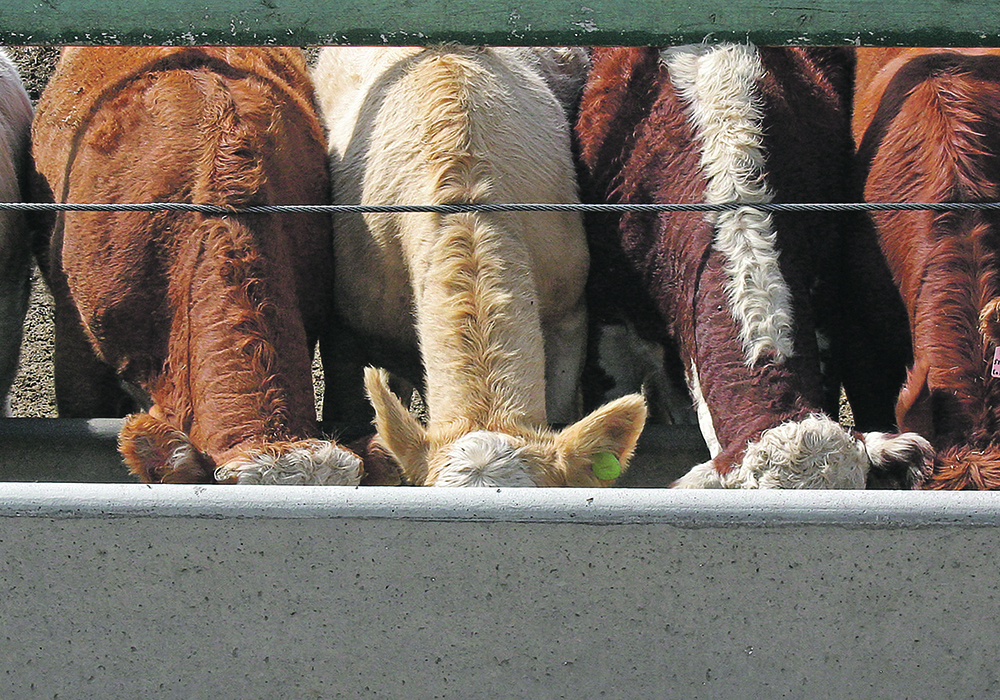In the dying days of the Roman republic, Claudius was having a tough time obtaining the power he craved. So he gave up his aristocratic rank, dropped from senator to plebian, changed his name to Clodius, got elected as Tribune of the People and successfully managed to act like an out-of-control eggbeater in the wild world of politics.
He had decided that instead of trying to win over his fellow aristocrats in the Senate, which was a pit of political vipers, he’d have more success by going to “the people.”
Read Also

Flax sector sees omega-3 opportunity
SASKATOON — A global shortage of omega-3 oils could be an opportunity for the flax sector, says an industry official….
That’s the kind of thinking that Conservative leader Pierre Poilievre was recommending business and industry take in their lobbying efforts: “Want to stop the latest tax hike, or get bureaucracy out of the way to build homes, mines, factories, pipelines and more? Then cancel your lunch meeting at the Rideau Club, fire your lobbyist and go to the people,” he said in a much-noticed May 3 opinion piece in the National Post.
He said he ignores lobbyists and listens instead to the concerns of ordinary Canadians. When those common folk start caring about issues, he takes them seriously.
Whether or not this is just political blarney is beside the point. He, like Clodius, has a crucial insight into effective politicking. When issues well up from the broad base of the population, the power brokers are likely to respond, even if they despise the people and disagree with their issues.
How effective are Canada’s farmers in getting to the power brokers and the people? It seems like a mixed bag.
In a major success just last week, the Canadian Food Inspection Agency approved the use of gene-edited crops in livestock feed, something that farmer and industry representatives and lobbyists have long fought for. In this case, Ottawa has appeared to hear the voices and concerns of agriculture and come up with a good policy.
But for many other issues, the farmer’s voice doesn’t seem to get heard much. Federal funding for critical western Canadian agricultural research has been cut back and hamstrung by counterproductive restrictions, even while the government lavishes billions on eastern Canadian electric car battery plants.
At times, rules and regulations come forth that hurt the ability of farmers to operate, despite lobbying by farm organizations in Ottawa and in provincial capitals. Often these arise from pressure put on government by public opinion, such as with rules for flying horses to Japan for slaughter. Some animal rights and animal welfare groups have been effective in riling up significant numbers of ordinary people to demand an end to the live horse flights.
In California, the same sorts of campaigners effectively convinced millions of ordinary people to vote for sow housing regulations that received approved and are now in place, ensuring that all unprocessed pork brought into the state comes from open housing systems, causing pork prices in grocery stores to surge.
Clearly the campaigners got to the people and producers did not.
Here in Canada, there are a number of effective campaigns that appear to be reaching “the people.” Dairy Farmers of Canada reaches right through to where millions of people hear and see its messages, including during sports broadcasts and in the middle of podcasts. Dairy farmers enjoy high public support across the country, something which seems to validate its approach.
The Manitoba Pork Council runs a number of programs that seem to be working, including providing and serving barbecue pork for community picnics and covering the backs of city buses with “Good for me. Good for MB” messages about relatable people working with pigs and to protect the environment.
It’s no coincidence that both the dairy farmers and the pork producers have often come under fire and faced demands for legislative and regulatory attacks. Each industry knows that getting the public on side is critical in heading off government action before it can get going.
It’s naïve to suggest that professional lobbyists and representatives don’t play an important role in working with politicians and bureaucrats, as Poilievre did. But as Clodius realized more than 2,000 years ago, sometimes the best way to get the politicians to duck is to swing the big bat of the people at them.
















